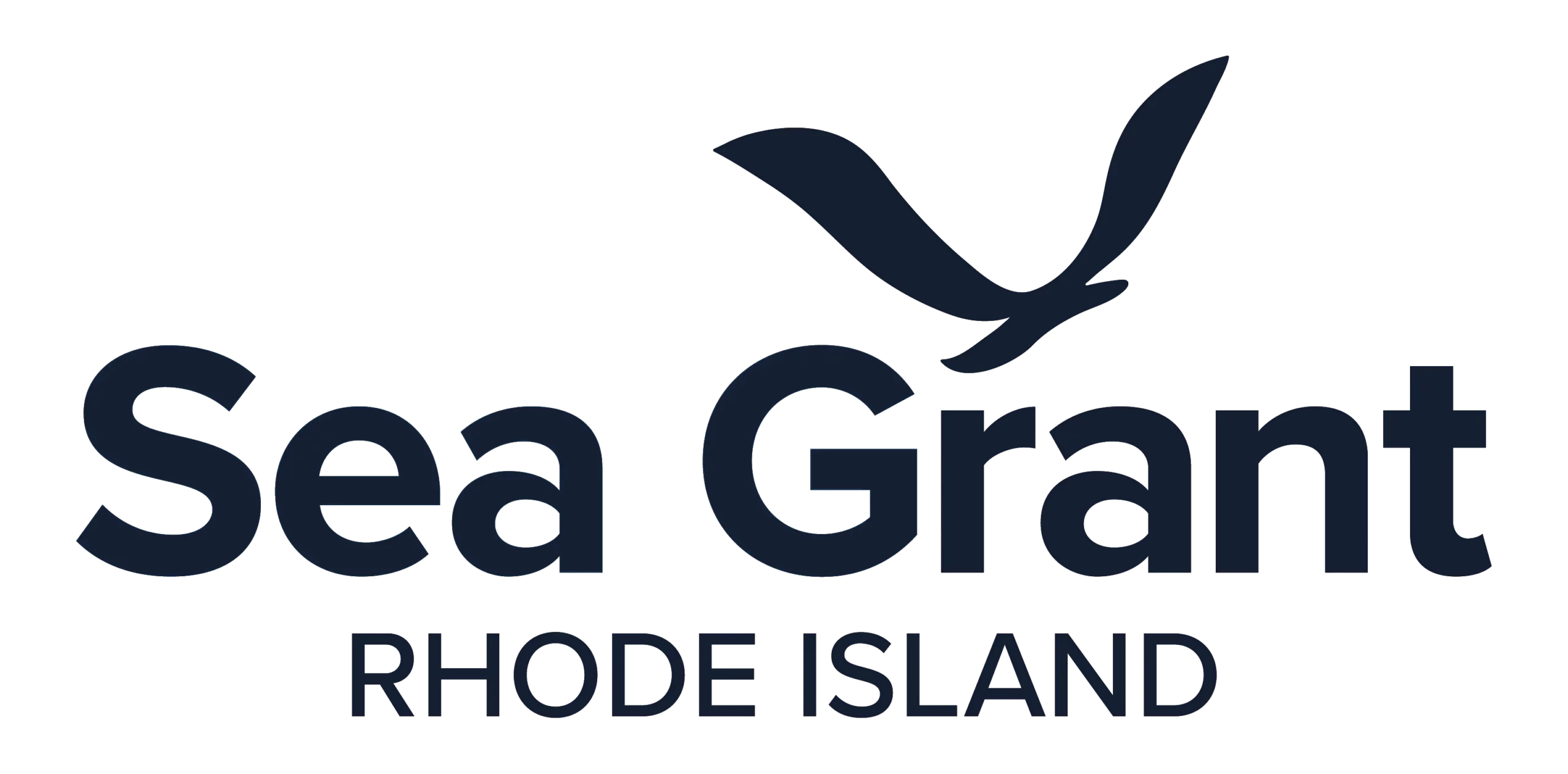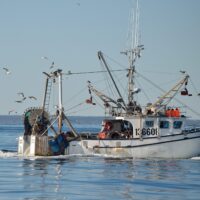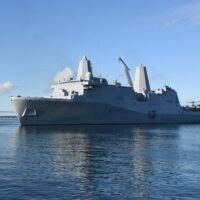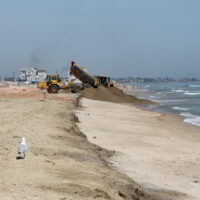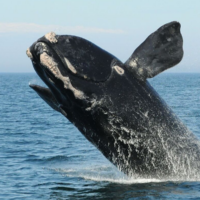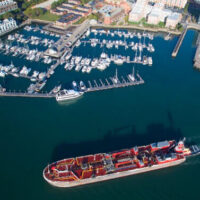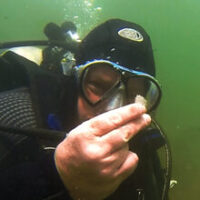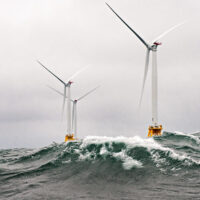Our Work
Ocean Planning
About
As a small coastal state, Rhode Island must look carefully at its limited resources and space to balance the rights and needs of all its community members who turn to the ocean for food, jobs, energy, recreation, and transportation.
Ocean planning, or marine spatial planning (MSP), is an approach that brings together multiple users of the ocean – including energy, industry, government, conservation and recreation – to establish future uses of ocean space and resources and make informed and coordinated decisions about how to use marine resources sustainably.
It has been recognized globally that there is a need to conserve ocean ecosystems and use ocean space as efficiently as possible, thus requiring planning for multiple uses of compatible activities, and the development of strategies to promote, enhance, and optimize the multiple uses in order to protect ocean ecosystems and conserve ocean space.
Our coastal specialists work with researchers, communities, state and federal agencies, and industry to carve the best path forward that accounts for all users of our ocean spaces and resources with the best science available to preserve crucial habitat and ecosystem health.
Mission
To strengthen the local and regional professional network and enhance ocean planning practices to ensure a sustainable future of our ocean resources.
CONTACT

Jennifer McCann
Extension Director
Email: jmccann@uri.edu
Multiple Uses of Offshore Spaces
Effective planning and management of our ocean spaces and resources requires that all uses/users be considered, especially in areas where conflicts between users and the environment are present.
FISHERIES
Commercial and recreational fisheries are among the oldest and most widespread human uses of the the offshore environment with great economic, historic and cultural value to the state of Rhode Island.
RECREATION & TOURISM
Boating, sailing, diving, wildlife viewing, or other leisure activities in the offshore environment matter for the quality of life and economic value to Rhode Island.
MILITARY
Rhode Island-based naval activities have also been taking place since the 17th century and have been essential to Rhode Island’s economic growth and vitality, and are central to Rhode Island’s history.
MINERALS/SAND
Demands for sand and gravels for beach nourishment and construction (concrete) are increasing, especially from marine resources on the continental shelf as traditional, land-based sources of these materials have been reduced.
ECOSYSTEM HEALTH
Rhode Island waters are an ecologically unique region—the Rhode Island Sound and Block Island Sound ecosystems–with interesting biodiversity that is a mix of northern, cold-water species and more southern, warm-water species. Preserving the biology and ecological functioning of this region is vital for all users.
TRANSPORTATION
While none of Rhode Island’s cargo ports or naval facilities are in offshore waters, cargo ships, support vessels, and military craft traverse this ocean area en route to the Rhode Island ports.
HISTORICAL/CULTURAL
Whether characterized by historians, archaeologists, or cultural practitioners as districts, sites, buildings, objects, or landscapes, cultural resources reflect thousands of years of human use of the Rhode Island marine environment.
RENEWABLE ENERGY
Demand for electricity in the region and the nation as a whole is projected to increase in the coming decades. Renewable energy resources offshore have the greatest potential for utility-scale development to meet Rhode Island’s renewable energy goals.
